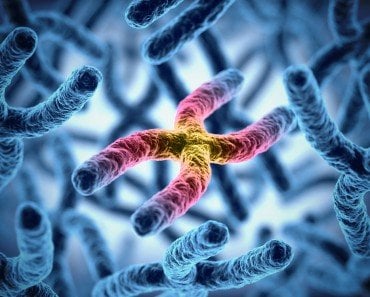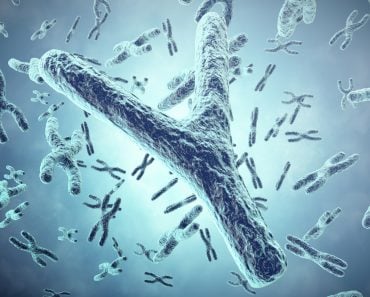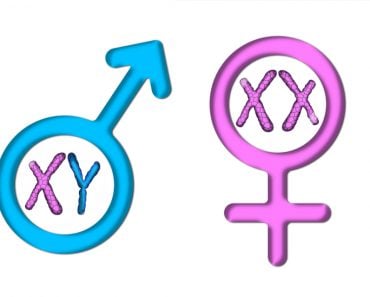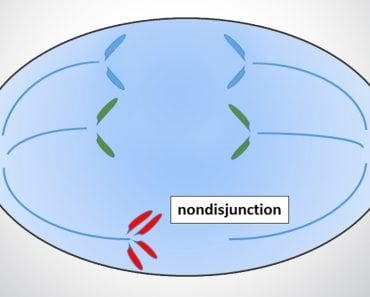Table of Contents (click to expand)
The superman syndrome (not related to the superhero named Superman) is a disorder in which an individual has an extra Y chromosomes (47, XYY syndrome).
The DNA that has been passed on to us by our long line of ancestors makes us who we are. They decide how we look, how our bodies function, and they even affect our personality. When all the pieces of our genes fall together in line, we get a perfectly “normal” human being. However, there are times when even nature makes small mistakes that can have catastrophic outcomes.
Nature’s imperfections can manifest as differences in the human body. You have likely heard of chromosomal disorders like Down syndrome. Such disorders are caused by some glitch that occurs during the process of cell division.
One such rarely heard about chromosomal disorder is Superman Syndrome. A chromosomal abnormality causes this Superman syndrome, which is also known as Jacob’s syndrome. There are some estimates that 1 in every 1,000 male children is born a Superman.
So, what exactly is the “Superman syndrome”? What causes it and how does it affect a person?
Recommended Video for you:
Sex Chromosomes
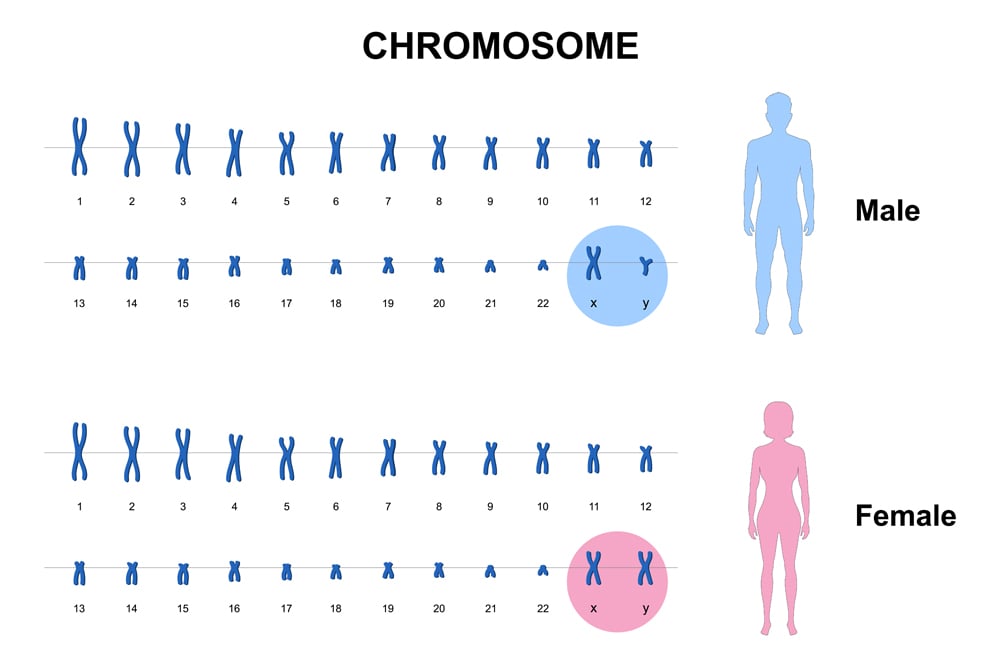
Before we dive into the complexities of this chromosomal disorder, let’s revisit the basics of genetics. All living organisms on earth can be differentiated into two groups based on the types of sex chromosome they have. Humans have 46 chromosomes in each cell. Of these 46, two chromosomes—X and Y—determine the sex of the individual. A large chunk of the human population has two sex chromosomes. Females have two X chromosomes, while males have one X and one Y chromosome.
In rare events, the zygote may end up with 3 sex chromosomes instead of two (XX or XY). One such abnormality is male sex chromosome aneuploidy disorder: Superman Syndrome.
What Is Superman Syndrome?
The sex-determining cells in our body, sperm and eggs, demonstrate meiotic division (Click here to learn more about meiosis). If all things go normally during the cell division of the gametes, we end up with a normal individual with either XX or XY chromosomes.
The Superman Syndrome is caused when the Y chromosomes fail to separate during spermiogenesis (the final stage of sperm formation), resulting in a sperm with two Y chromosomes. Thus, such individuals (typically males) have an extra Y chromosome attached to their two sex chromosomes: XY. Meaning, they have 47 chromosomes in each cell and have the sex chromosome XYY. Thus, the Superman Syndrome in the world of medical science is formally known as 47, XYY syndrome.
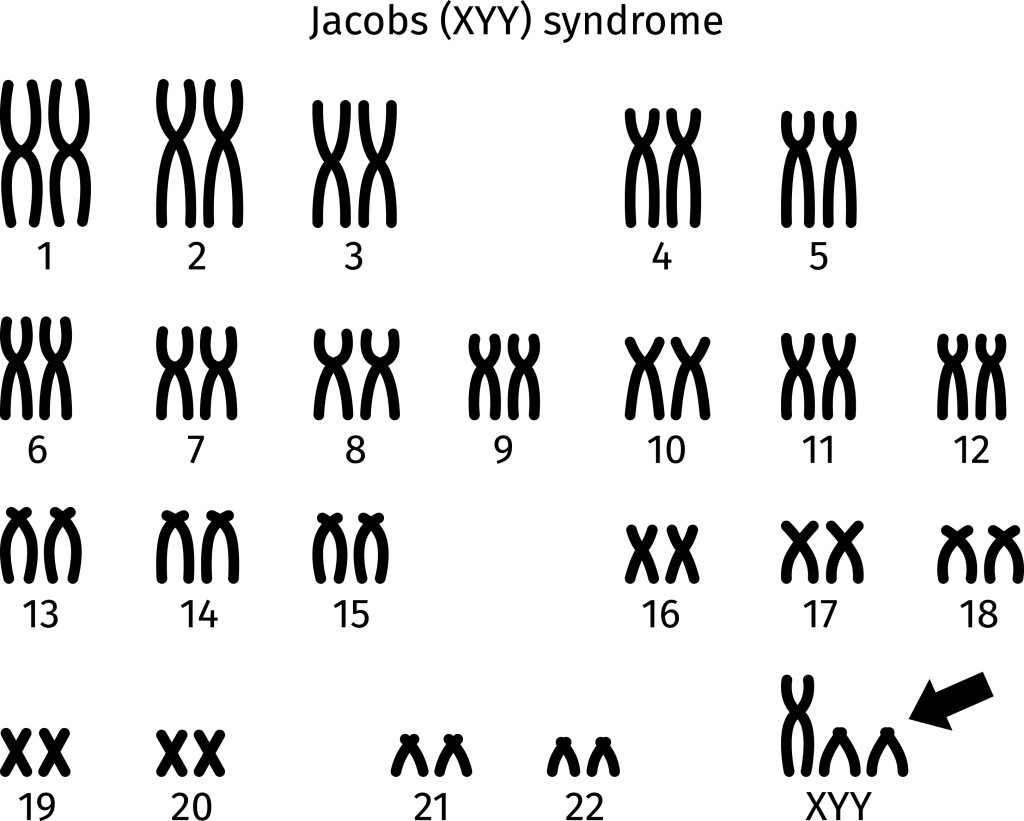
47, XYY syndrome has been observed in about 1 in 1,000 male newborns. Despite being a common disorder, only around 20% of the cases are reported. This is because symptoms like having a tall stature and developmental delays are not specific to this disorder. This makes it difficult to differentiate such individuals from the normal population.
Although it is caused by a genetic defect, the condition is not hereditary. This is because the syndrome results from an error that occurs during sperm cell formation.
How Does It Affect An Individual?
Any abnormality in the body that is as significant as an extra Y chromosome is bound to display itself in some way. Chromosomes have crucial genes that regulate various parts of the body. If you add or subtract the number of chromosomes, it affects the way the body develops and regulates itself.
One of the most common effects is faster growth from early childhood. XYY men were found to be taller than the normal man with a height of more than 1.85m or 6 feet.
Some XYY men showed decreased muscle tone, poor writing skills, longer and thicker roots of their permanent teeth, and a higher risk of cardiovascular disease and kidney malformations.
As if affecting the physiology of the body was not enough, the 47, XYY syndrome also undermines the mental capability of the person. Boys with XYY suffer from verbal learning deficiencies due to delayed speech development. Some find it difficult to recall words, understand figurative and metaphorical language, and tend to show ADHD-like attention-related problems.
It is believed that men with XYY syndrome are infertile. However, science says otherwise. Many men with 47, XYY chromosomes are fertile, as the extra Y chromosome is lost before meiosis.
Why Is It Called “Superman” Syndrome?
If you’re hoping that there is some deep scientific meaning behind naming a disorder after a popular fictional superhero, I’m sorry, but you’re in for some disappointment.
Due to the presence of an extra Y chromosome, a chromosome that is characteristic of males, people with XYY are considered “super”-male. Contrary to your expectations brought on by the name, a super-male doesn’t possess great powers that can save us from villains like Lex Luthor.
Though they’re not superheroes, they’re not villains either. It is worth mentioning that it is an unproven notion that XYY men tend to be aggressive or have criminal inclinations. This is because some notorious murderers like John Farley and Daniel Hugon had XYY chromosomes, but correlation does not equal causation. It’s not always in the genes. Men and women with a perfectly normal set of sex chromosomes also have the ability to commit the most heinous of crimes.
Conclusion
Sex chromosome abnormalities such as 47, XYY are the result of a small yet profound screw-up by nature. Apart from this, a similar kind of goof-up can be seen in Klinefelter syndrome. In that condition, a male receives an extra X chromosome and ends up with 47, XXY syndrome. However, this syndrome doesn’t have a name as cool as the Superman syndrome. Despite all the side effects, individuals with Superman syndrome are projected to have a normal life expectancy.
References (click to expand)
- Berglund, A., Stochholm, K., & Gravholt, C. H. (2020, September). Morbidity in 47,XYY syndrome: a nationwide epidemiological study of hospital diagnoses and medication use. Genetics in Medicine. Elsevier BV.
- Bardsley, M. Z., Kowal, K., Levy, C., Gosek, A., Ayari, N., Tartaglia, N., … Ross, J. L. (2013, October). 47,XYY Syndrome: Clinical Phenotype and Timing of Ascertainment. The Journal of Pediatrics. Elsevier BV.
- L Re. (2015) The 47,XYY syndrome, 50 years of certainties and doubts.
- Ross, J. L., Tartaglia, N., Merry, D. E., Dalva, M., & Zinn, A. R. (2015, February). Behavioral phenotypes in males with XYY and possible role of increasedNLGN4Yexpression in autism features. Genes, Brain and Behavior. Wiley.

